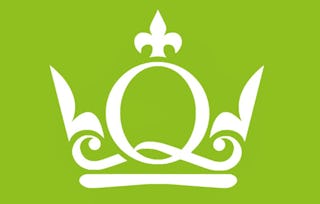This course is part of the IPSAMOOC project, a joint venture Federica Weblearning - IPSA, the International Political Science Association.
Emile Durkheim, one of the founders of modern empirical social science, once stated that the comparative method is the only one that suits the social sciences. But Descartes already had reminded us that “comparaison n’est pas raison”, which means that comparison is not reason (or theory) by itself. This course provides an introduction and overview of systematic comparative analyses in the social sciences and shows how to employ this method for constructive explanation and theory building. It begins with comparisons of very few cases and specific “most similar” and “most different” research designs. A major part is then devoted to the often occurring situation of dealing with a small number of highly complex cases, for example when comparing EU member states. Latin American political systems, or particular policy areas. In response to this complexity, new approaches and software have been developed in recent years (“Qualitative Comparative Analysis”, QCA, and related methods). These procedures are able to reduce complexity and to arrive at “configurational” solutions based on set theory and Boolean algebra, which are more meaningful in this context than the usual broad-based statistical methods. In the last section, these methods are contrasted with more common statistical comparative methods at the macro-level of states or societies and the respective strengths and weaknesses are discussed. Some basic quantitative or qualitative methodological training is probably useful to get more out of the course, but participants with little methodological training should find no major obstacles to follow.















